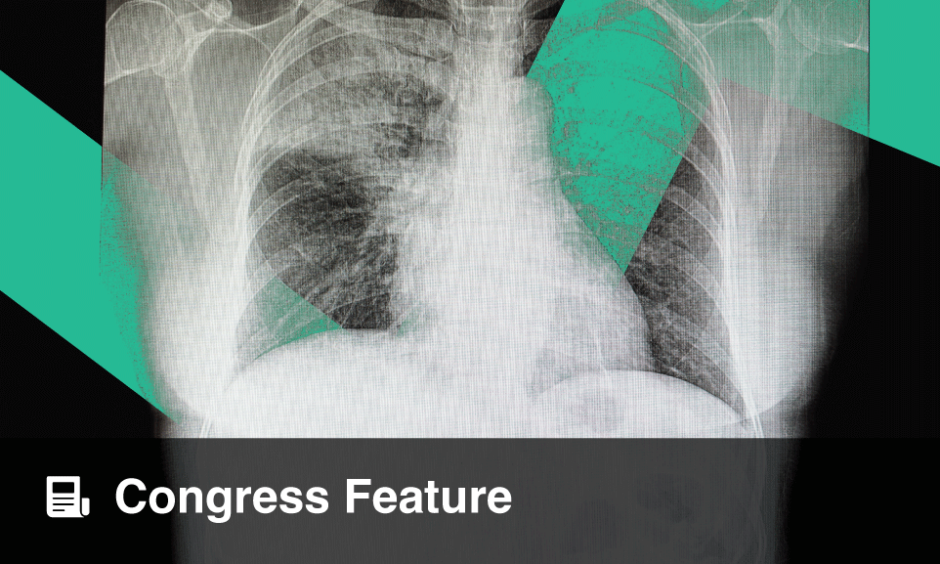A RECENT study suggests that nasal sprays coupled with physical activity and stress management could shorten the duration of respiratory infections, including colds and COVID-19. The study aimed to assess the effect of nasal sprays, behavioural interventions, physical activity and stress management on respiratory illnesses.
The Immune Defence Study was a randomised, controlled, open-label, parallel-group trial conducted at 322 general practitioner practices in the UK, throughout three winter seasons between 2020–2023. The researchers aimed to evaluate the effectiveness of gel-based and saline nasal sprays, as well as a behavioural intervention promoting physical activity and stress management, in reducing the number of illness days due to respiratory infections. The study involved 13,799 participants aged 18 or older, all with pre-existing comorbidities or factors increasing their risk of adverse outcomes from respiratory illness, or with a history of frequent respiratory infections.
The participants were randomly assigned to one of four groups: usual care, gel-based nasal spray, saline nasal spray, or a behavioural intervention via a dedicated website. The primary outcome was measured as the total number of days that the participants reported being ill over a 6-month period.
Results showed a significant reduction in illness duration for participants using nasal sprays compared to those receiving usual care. The gel-based spray group had a median 6.5 days of illness, the saline spray group had a median of 6.5 days of illness, and the usual care group had a median of 8.2 days of illness. While the behavioural intervention group has a mean of 7.4 days of illness, which was not significantly different from the usual care group.
Some reported adverse events were headache or sinus pain, particularly in the gel-based spray group. However, all intervention groups showed a reduction in antibiotic use compared to usual care.
This study suggests that both gel-based and saline nasal sprays can effectively reduce the duration of respiratory illnesses, and all interventions, including the behavioural website, can reduce antibiotic use. These findings show that simple non-pharmacological approaches could be widely implemented to manage respiratory infections.
Aleksandra Zurowska, EMJ
Reference
Little P et al. Nasal sprays and behavioural interventions compared with usual care for acute respiratory illness in primary care: a randomised, controlled, open-label, parallel-group trial. Lancet Respir Med. 2024;DOI:10.1016/S2213-2600(24)00140-1.








